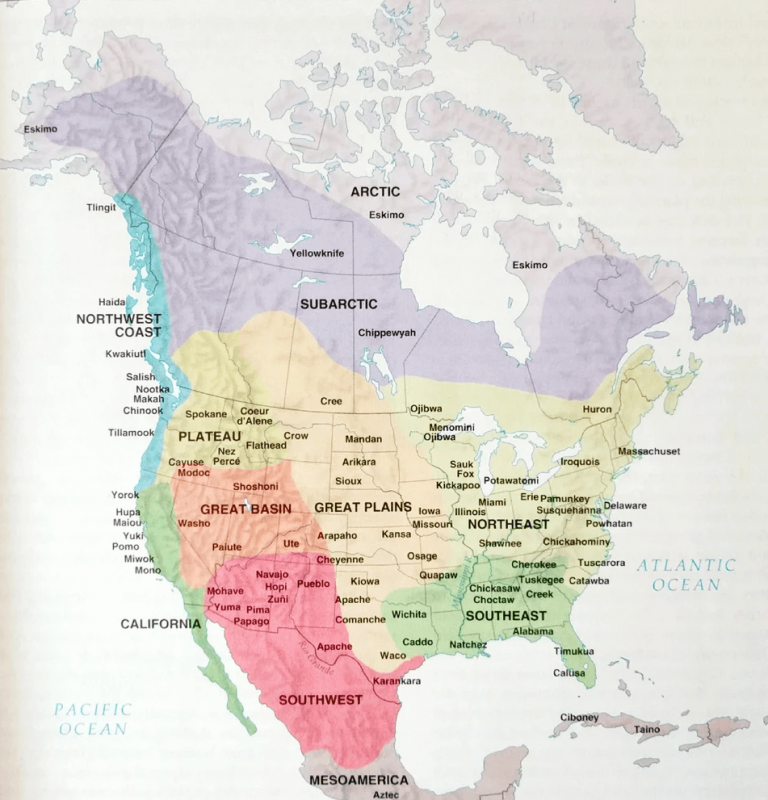Native Americans and Their Impact on North American Wildlife
For thousands of years, Native Americans have played a vital role in shaping the ecosystem of North America. Their hunting practices, rooted in cultural traditions and a deep respect for the environment, have had a significant impact on the abundance and distribution of wildlife species.
In the past, Native American hunting practices were primarily focused on providing sustenance and maintaining a harmonious balance with the environment. They developed ingenious hunting techniques that ensured the long-term sustainability of wildlife populations. However, with the arrival of European settlers, the dynamics of Native American hunting shifted dramatically.
The introduction of firearms, diseases, and a rapidly expanding settler population brought unprecedented challenges to Native American communities. Hunting practices were disrupted, and the availability of game declined as their ancestral lands were encroached upon. Today, Native American hunting rights and the preservation of their cultural traditions continue to be an ongoing struggle.
In summary, Native American hunting practices have a rich history that has both influenced and been influenced by the natural environment. Their cultural connection to wildlife informs their hunting practices, which aim to sustain the delicate balance of the ecosystem. However, the complexities of modern society and the ongoing encroachment on their ancestral lands have presented Native Americans with challenges that require thoughtful consideration and respectful dialogue.
Native American Hunting: A Tradition of Respect and Stewardship
Historical Significance
For thousands of years, Native Americans have relied on hunting for sustenance, clothing, and spiritual practices. Hunting played a crucial role in their survival and cultural identity.
Traditional Methods
Native Americans employed various hunting techniques, including:
- Archery: Using bows and arrows made from natural materials.
- Trapping: Setting snares and traps to capture animals.
- Spearfishing: Utilizing spears to catch fish.
- Dog Hunting: Training dogs to assist in tracking and bringing down prey.
Respect for the Land and Animals
Native Americans considered hunting a sacred act and approached it with reverence. They believed that animals were gifts from the Creator and that taking their lives should be done with the utmost gratitude. Hunting was often preceded by rituals and prayers.
Tribal Knowledge and Stewardship
Native American hunters possessed extensive knowledge of animal behavior and habitats. They learned to read the signs of the forest, such as tracks, droppings, and feeding patterns. This knowledge enabled them to hunt sustainably and conserve animal populations.
Specialization by Tribe
Different Native American tribes specialized in hunting specific animals. For example:
- Plains Indians: Bison (buffalo)
- Inuit: Whales and seals
- Cherokee: Deer
- Apache: Pronghorn antelope
Woman’s Role in Hunting
While hunting was primarily a male occupation, women often played supporting roles. They helped gather food, prepare meals, and make clothing from animal hides.
Spiritual Significance
Hunting ceremonies and rituals were integral to Native American spirituality. They thanked the Creator for the animals’ lives and celebrated their return to the spirit world.
The Impact of Colonization
European colonization significantly disrupted Native American hunting practices. The introduction of firearms and industrialization led to the overhunting of many animal populations. Additionally, the loss of traditional lands and encroachment on hunting grounds had a devastating impact.
Revitalization and Preservation
In recent decades, there has been a resurgence of interest in traditional Native American hunting practices. Many tribes are working to revive cultural practices, conserve wildlife, and educate the public about the importance of these traditions.
The Role of Conservation
Native American hunting traditions emphasize sustainability and respect for wildlife. By embracing these principles, we can help ensure the health of animal populations and the preservation of our natural heritage.
Conclusion
Native American hunting is a rich tradition steeped in history, knowledge, and respect. It has played a vital role in the survival, culture, and spirituality of countless indigenous tribes. By understanding and embracing these traditions, we can honor the legacy of Native Americans and work together to conserve our planet and its inhabitants.
Frequently Asked Questions
- What is the historical significance of Native American hunting?
- Hunting has been central to Native American survival and cultural identity for thousands of years.
- What methods did Native Americans use for hunting?
- They employed various techniques, including archery, trapping, spearfishing, and dog hunting.
- How did Native Americans show respect for the land and animals?
- They considered hunting a sacred act and approached it with gratitude and reverence.
- How has colonization impacted Native American hunting practices?
- Colonization introduced firearms, overhunting, and the loss of traditional lands.
- What is the role of Native American hunting in conservation today?
- Traditional hunting practices emphasize sustainability and respect for wildlife, contributing to the preservation of animal populations and the environment.


